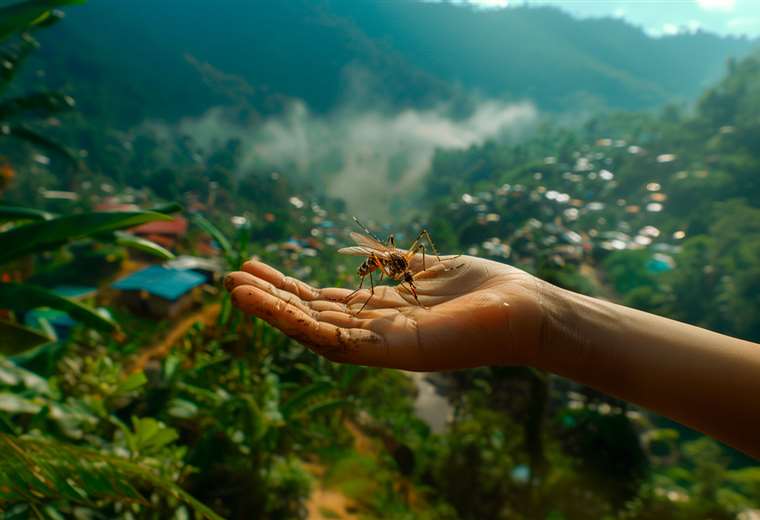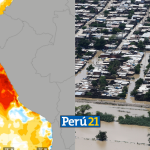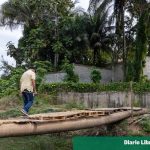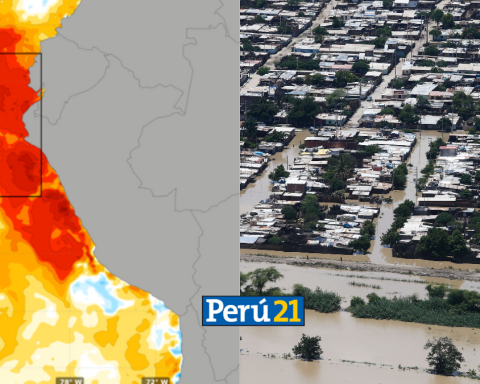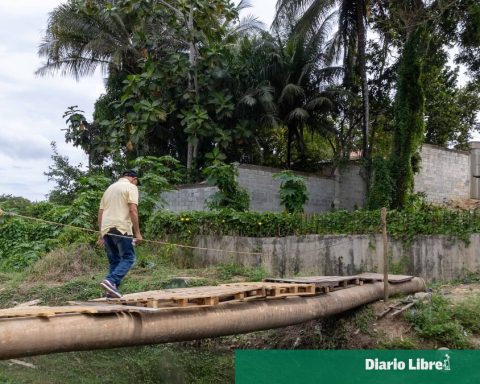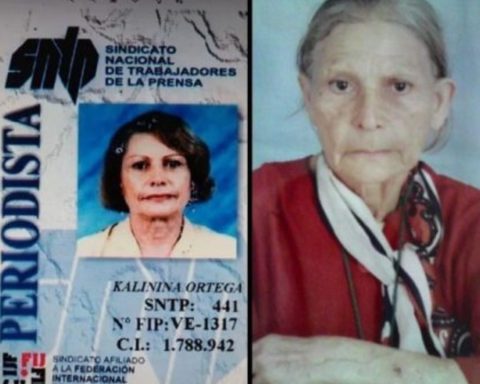November 18, 2024, 10:08 AM
November 18, 2024, 10:08 AM
Around the world, deforestation and climate change have led to the spread of neglected tropical diseases (NTDs), a group of diseases that affect more than 1 billion people.
The World Health Organization (WHO) describes NTDs as diseases caused by pathogens such as viruses, bacteria, parasites, fungi and toxins, with devastating health, social and economic consequences. These diseases, among which pathologies such as malaria, dengue, Zika, chikungunya or leishmaniasis stand out, are, for the most part, treatable.
Fernando Siles, professor of Medicine at the Franz Tamayo University, Unifranz, explains that, in Bolivia, these diseases occur mainly during the rainy season.
“For example, in Cochabamba, the appearance of respiratory diseases, such as colds and flu, is common due to increased humidity. Diseases transmitted by mosquitoes can also occur, such as dengue and malaria, due to the proliferation of these insects in stagnant water breeding sites, particularly in the Chapare region,” explains the doctor.
According to Siles, at this time, some diseases may be seasonal, that is, they occur more frequently only in this period of the year due to weather conditions. However, there are also diseases that are endemic, meaning that they are constantly present in a certain geographic area.
“In the case of Bolivia, some mosquito-borne diseases, such as dengue and malaria, can be both seasonal and endemic, depending on the region. These diseases can increase during the rainy season due to the proliferation of mosquitoes in stagnant water breeding sites,” the academic points out.
The World Economic Forum’s (WEF) report “Quantifying the Impact of Climate Change on Human Health”, published in January 2024, explores the links between the climate crisis and health. Climate change profoundly impacts global health, affecting freshwater supplies, increasing infectious diseases and air pollution. It is estimated that by 2050 there will be 14.5 million climate-related deaths and an increase in public health problems, such as non-communicable infectious and mental diseases.
Rising temperatures could increase the mosquito population, increasing diseases such as malaria, dengue and Zika, exposing 500 million more people.
Given this situation, the Forum urges solutions such as early warning systems, investment in innovative R&D and economic incentives for more resilient health systems.
The WEF also notes that, in 2024, more than 300 organizations from governments, academia and private sectors supported Neglected Tropical Diseases Day, established by WHO on January 30 of each year. These diseases were also on the agenda of COP28 in 2023, and are expected to have a prominent role at COP29. The WHO and the Bill & Melinda Gates Foundation pledged $777 million for essential NTD programs and treatments, research and innovation, and strengthening health systems.
How to prevent illnesses this season
To prevent illnesses during the rainy season, Siles recommends following the following measures:
● Maintain good personal hygiene, washing your hands frequently and using hand sanitizer when washing with soap and water is not possible.
● Avoid contact with stagnant water and eliminate possible mosquito breeding sites in the environment, such as containers with accumulated water.
● Protect yourself from mosquitoes by using repellent, long-sleeved clothing and long pants, and placing mosquito nets on windows and doors.
● Avoid consuming non-potable water and ensure that water sources are properly treated.
● Maintain good ventilation in closed spaces to reduce humidity and prevent the proliferation of microorganisms.
● Get vaccinated according to the recommendations of the health authorities.
Siles emphasizes the need to maintain strict personal and environmental hygiene, seek medical attention early, participate in community educational campaigns and collaborate closely with health authorities.
Another safety measure that can be adopted is personal protection during outdoor activities, including changing clothes if you get wet after doing an activity.
